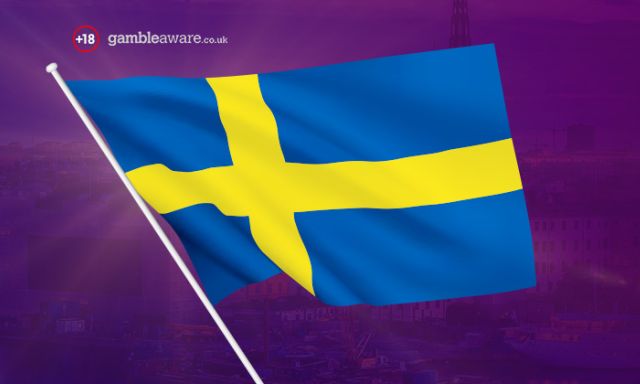While gambling in the UK is well established, and an accepted form of entertainment in all but the most prudish quarters, the same cannot be said for the rest of the world. In fact, even in Europe, there are still some countries that opt for greater restrictions on gambling, either on the operators allowed to trade in each jurisdiction, or on individual gamblers themselves.
While age remains a fairly universal benchmark for gambling restrictions, most people in the UK over the age of 18 now expect to be able to gamble on their own terms, as and when they like. But unfortunately, that same freedom doesn’t extend universally around the world.
That said, there is a definite trend towards liberalisation. Governments around the world, including from previously more conservative territories, are now waking up to the reality of global online gambling. The demand from consumers and operators exists to fulfill it, and governments are now increasingly deciding to tax and regulate rather than prohibit as the best model going forward.
According to draft legislation published this week, it looks as though Sweden could become the next country to get on board with this trend. In a pre-Christmas present for the gambling industry there, the Swedish government confirmed this week they had sent their proposed legislation to the European Commission for approval, kicking off a process that they hope will culminate in the launch of their new liberal gambling market by January 2019.
The bill will allow international operators access to the Swedish market for the first time, in a move Swedish ministers have described as ‘regaining control’ of the gambling market there. The bill reflects the reality – that while governments may seek to prohibit operators from running gambling services, the globalised world means players from virtually anywhere can log-on to online gambling platforms and use their services as desired.
Without this type of approach, which recognises these realities of the market, governments like the Swedish government are missing out on potentially significant tax revenues from the operators themselves.
According to recent statistics, the Swedish gambling market is already tied up in overseas operators, with 25% of total market share belonging offshore. The new bill will aim to bring this from the grey area into the mainstream, and will enable the Swedish government to gain more regulatory and fiscal control over the sector.
The bill will retain government control over land-based casino resorts, gaming machines and organised lotteries. However, for other forms of gambling online, the bill will invite licensing applications from any interested parties. Licenses will be issued on five yearly terms, and subject to an 18% levy on gaming revenues. It is hoped that this will have the desired effect of filtering players towards regulated, licensed operators, while giving the operators a firm legal basis on which they can operate.
Penalties of up to 10% of annual turnover will apply under the legislation for breaches of the licensing terms, which include requirements over game server locations, who can play, and individual deposit limits. In particular, players will be required to stipulate their own deposit limits, which must be enforced by the operator under the terms of the license.
In addition to recognising legitimate operators under the licensing scheme, the bill also makes provision for derailing unlicensed regulators, with powers to prevent ISPs from giving access to unregistered sites, and a further restriction on financial institutions to prevent them handling gambling transactions from these operators.
It is hoped that this will help Sweden move what is in reality a large chunk of their domestic gambling market from the unregulated, unrestricted free market, into the regulated, taxed domain. While this won’t suit every operator, the majority of those legitimate operators with a worldwide reach will be queuing up to welcome the certainty and flexibility that comes from the new regime.








